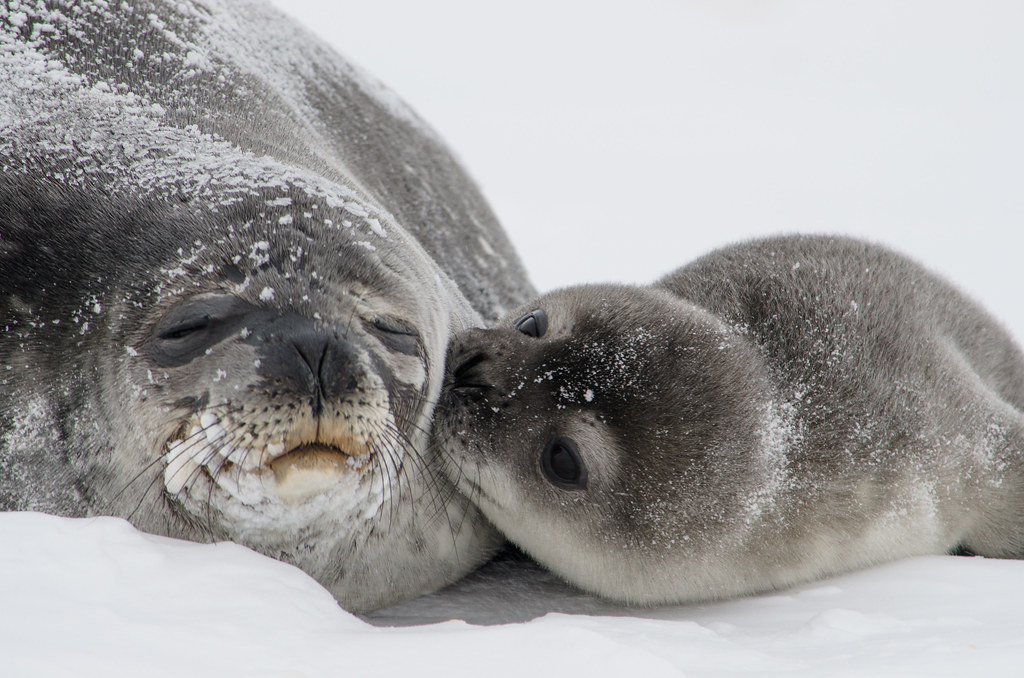

Cardano is a cryptocurrency platform, in some ways similar to Bitcoin or Ethereum. The most notable difference to Bitcoin, where coins are mined using PoW (proof of work) algorithm, is that Cardano uses PoS (proof of stake) algorithm. Cardano primary cryptocurrency (ADA) is therefore minted by pools like ours.
While in Bitcoin or Ethereum networks probability to mine a block is directly related to the computational power of the mining system, in PoS networks this probability is related to the amount of staked coins instead. Coins can be staked with a pool by delegating a wallet, see staking for more information about that. This way it's completely unnecessary for hardware used by staking pool to have immense computational power, such as for example bitcoin mining farms do, that consume vast amount of electricity. From this perspective, Cardano is far more environmentaly friendly, as the whole network requires incomparably less electricity to operate.
Being an active pool with enough stake means producing blocks for the cardano blockchain and receiving rewards for that in form of ADA. Portion of these rewards is typically reserved for a pool (fixed pool cost in ₳ and variable costs in percents) and used to pay for the pool operation (renting the servers, datacentre housing etc.) and rest of the rewards is split amongst the delegators in the pools, based on size of their stake. Our pool has minimal costs (340₳ fixed + 0% variable), meaning that all collected rewards minus 340₳ is distributed amogst our delegators.
On top that we donate 10% of our pool reward (34₳ per epoch) to seal and other wild animal shelters and sanctuaries. Becase we love seals and other wild animals and because we want to attract delegators that want to help us support a good thing.
